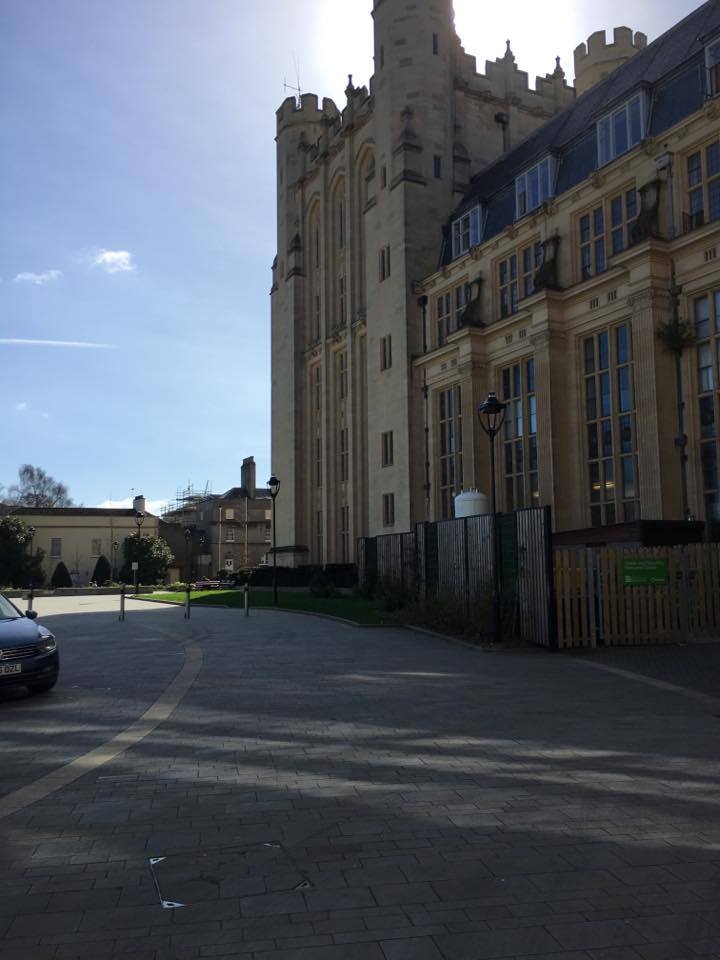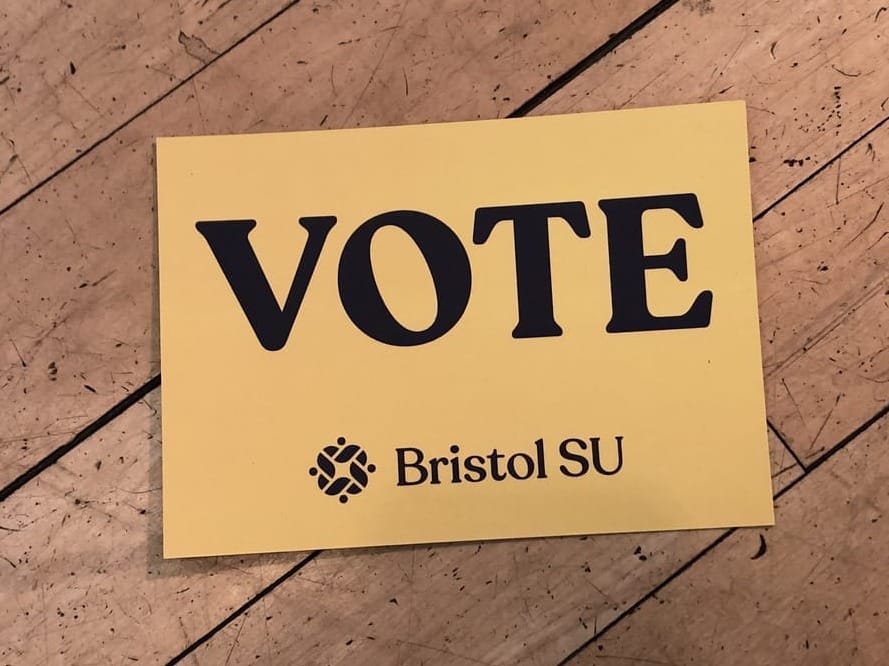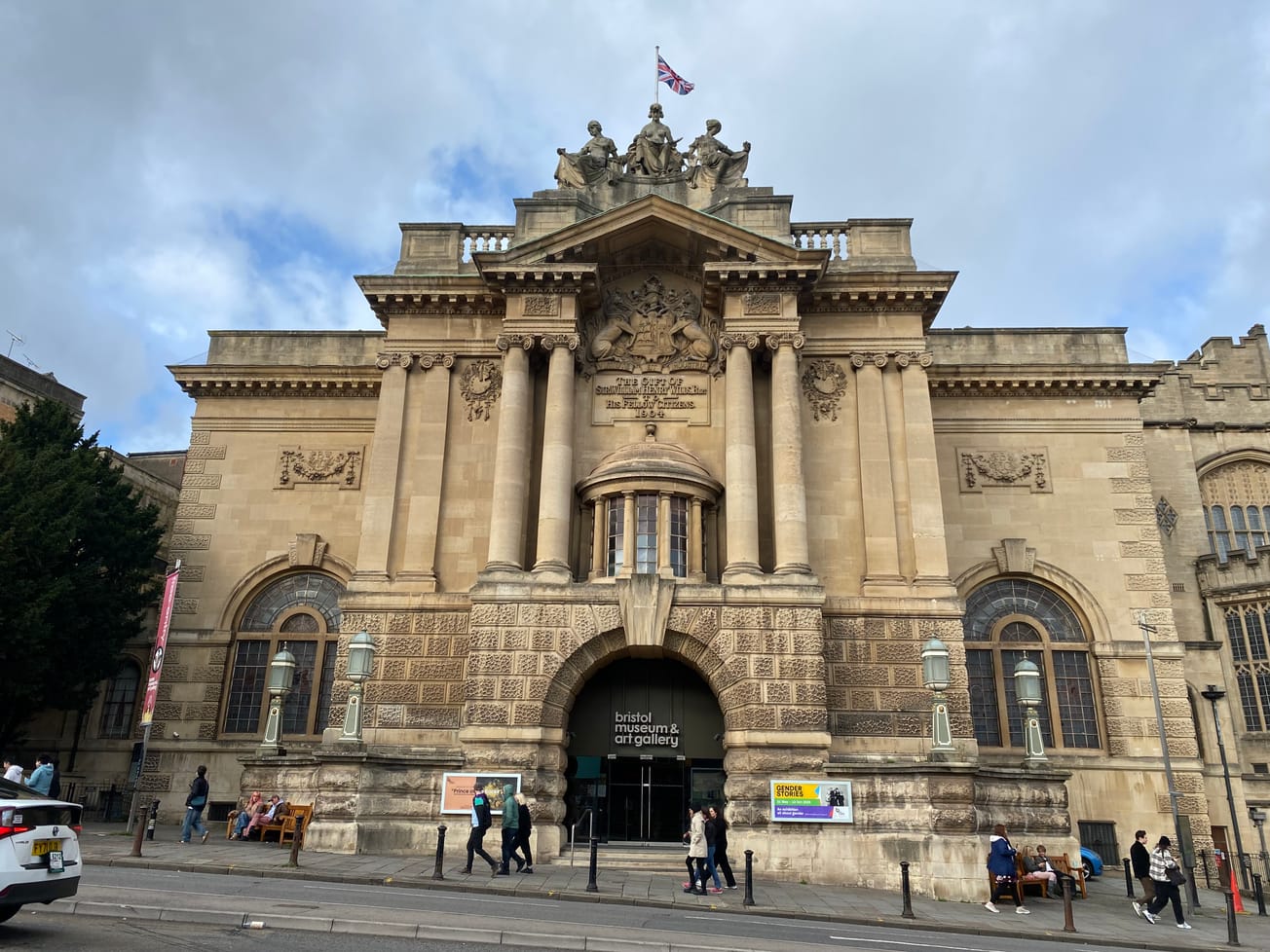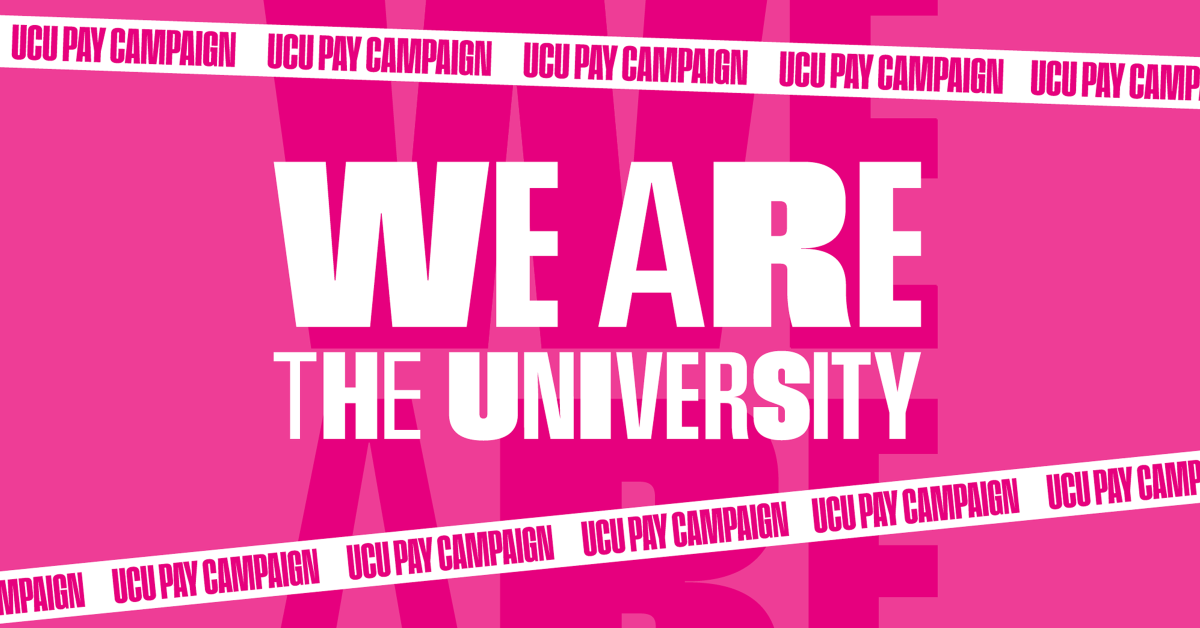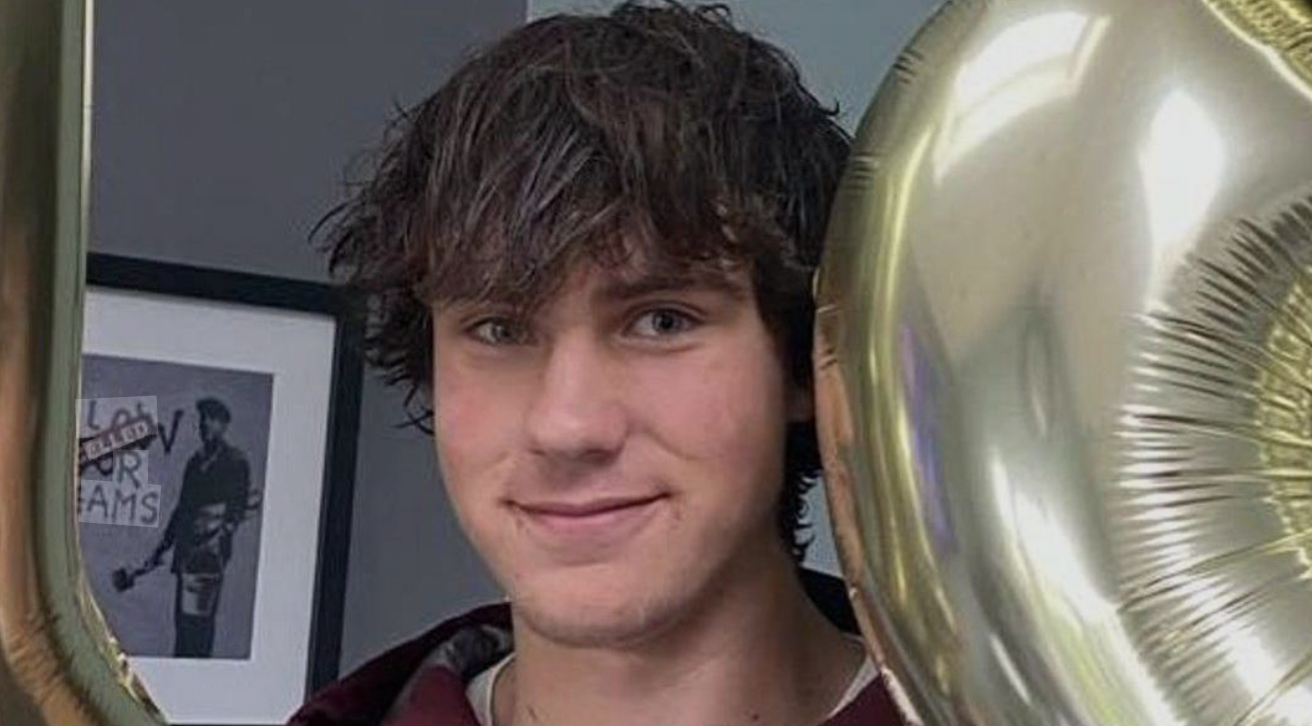The University of Bristol has been ranked the third worst university to admit an equal balance of rich and poor students, a new report by the Higher Education Policy Institute has found.
The report, 'Benchmarking widening participation: how should we measure and report progress?' by Anglia Ruskin University's Vice-Chancellor Professor Ian Martin, found that the University of Cambridge was the worst-performing whilst the University of Hull was the most equal.
Ranking third worst, the University of Bristol fell below universities such as Oxford, Durham, and UCL. Bristol sat around many Russell Group universities, which overwhelmingly were the worst performing for economic equality.
Cameron Scheijde, Online Comment Editor at Epigram and Second Year Politics & International Relations student, said: 'It's a damning indictement for Bristol's accessibility policies but the figures reflect badly on the Russell group as a whole, rather than just Bristol itself.
'The fact that hardly any Russell group institutions sat near the top demonstrates how ingrained a lot of wealth inequality continues to be in the country - as long as the majority of students in Russell Group institutions come from private schools, the inequality stats will continue to look bad for the UK's top Universities!'
The analysis uses the POLAR system, which divides areas into five groups (quintiles) based on the number of young people going to university.
Professor Martin concluded: 'Why does this matter? If innate talent and capability were distributed evenly across the population then, consequently, in an ideal world students from all areas would be distributed evenly across institutions with different characteristics.
'If this premise is true, and I would argue that it is, then all universities should be drawing equally from each POLAR quintile. Indeed, you would not need POLAR quintiles at all as they would all be identical in terms of higher education participation.'
Director of HEPI, Nick Hillman, added: 'This analysis reveals which universities reflect our society best and those which have further to travel.
'The best way to deliver fairer access to selective institutions is the same as the best way to deliver widening participation overall, which is to provide more places.'
The University of Bristol has previously been praised by the Sutton Trust for the work it does on widening participation, whilst an investigation by Epigram earlier this academic year found that students at the University from poorer-performing state schools are achieving as well their peers.
A University of Bristol spokesperson said: 'Widening participation is high on the agenda for us and through examination of our own data we’ve recognised that more needs to be done to increase applications from the most disadvantaged parts of society.
'As a result we’ve introduced various measures including our sector-leading Bristol Scholars programme which facilitates increased recruitment from high-potential local school students, a new contextual offer system (extended to include applicants living in neighbourhoods where they would be least likely to attend university) and a review of all curricula to ensure that they are inclusive in scope and delivery.
'The steps we’ve taken as a University are already having a positive effect and we’ve seen a significant increase in applications from the most disadvantaged groups (POLAR quintile 1 and 2). Widening participation continues to be a priority which will be closely monitored as we strive towards our goal of inclusivity and diversity.
'It’s important to note that there have been some questions raised on the use of the POLAR measurement and the need for income, access to education and socio-economic background to be factored.'
Featured Image: Epigram / Ed Southgate

